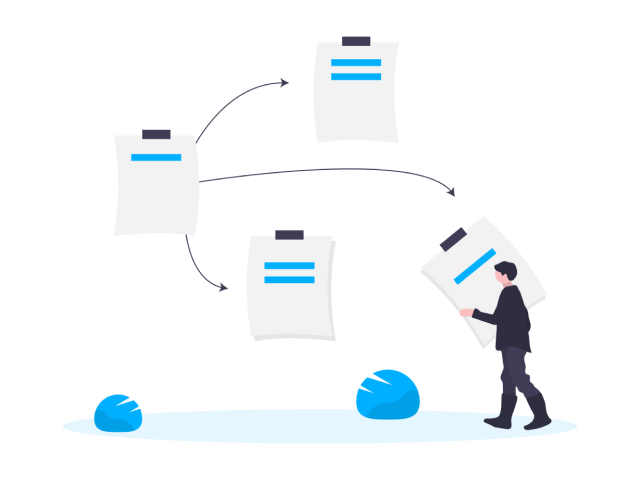Manufacturing is one of the most dynamic and competitive industries. The high level of competition in this industry requires manufacturers to strive to meet the growing and rapidly changing demands of consumers. To achieve their goals, manufacturers must be able to speed up all processes and do everything in a more efficient way.
One of several actions manufacturers can take is the use of ERP software. The system is basically built to simplify all operations, improve efficiency and reduce costs. Here are 6 benefits of an ERP system for a manufacturing business:
- Secure data storage.
Manufacturers must be able to eliminate error-prone manual processes. Relying on paper records is very inefficient and unsafe as they can get torn and lost. Even hard drives cannot guarantee data security, especially when many people use them.
With ERP software, manufacturers can access various data through a single system. Managers can grant access rights to employees responsible for data management. Cloud ERP systems allow users to manage data anytime, anywhere, as long as their devices are connected to the internet.
- Full inventory control.
Inventory management is an important factor for the correctness of production processes. Using ERP software, manufacturers can control their internal and external inventory movements. The systems also allow companies to identify the most in-demand products so they can manage their procurement more effectively as well as bring innovation to market.
- Linking all departments of a manufacturing company.
ERP systems are able to integrate all departments of a manufacturing company such as finance, human resources, inventory, sales, customer service and more. This means that the company does not need to manually and separately control each department. All departments can coordinate their activities through one system, and managers can receive complete data from each of them in real time.
- Automation of processes.
ERP software allows manufacturers to automate work orders, which include due date and time, customer name, sales order, sales contract, product quantity, personnel assigned responsibility, etc. Each work order has a routing code to make it easier for management to track the route. Employees can review each task based on the created work order and ensure that all tasks work properly.
- Optimization of the supply chain and order fulfillment.
With ERP software, manufacturers can ensure that the entire process runs smoothly and customer needs are met in a timely manner. The supply chain management function includes coordination, procurement control, inventory management, and delivery of goods. With this feature, manufacturers can create more efficient logistics strategies and thus help them reduce operational and administrative costs.
- Provide accurate data and improve decision making.
ERP software allows manufacturers to get complete data on all aspects of their business operations such as sales figures, customers, P&L, inventories, finances and more. All the data obtained certainly helps stakeholders to make more accurate estimates and effective forecasts, which allows management to make smarter and faster business decisions.
